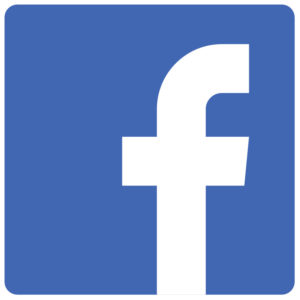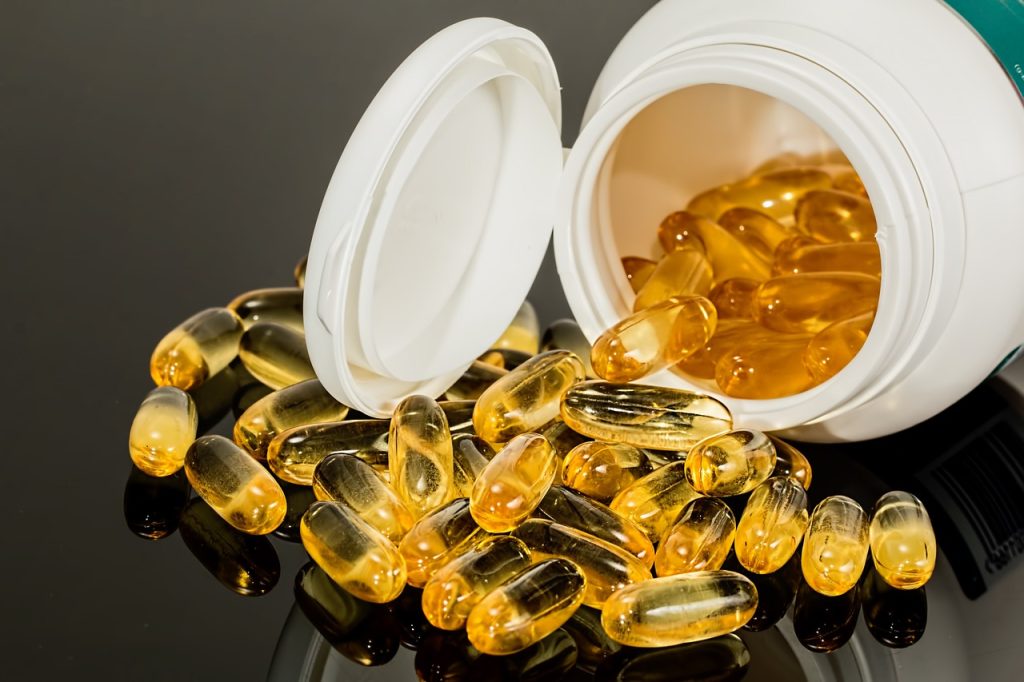Vitamins are healthy, right? Adding powders to drinks and a few supplements here and there throughout the day can only make us healthier, right? Sipping teas and drinks with extra vitamins and minerals, add a boost, no? Welcome to Herbal/Prescription Interaction Awareness Month, a perfect time to shed light on the often-overlooked complexities of combining herbal supplements with prescription medications.
In an era where self-care often includes glamorizing a diverse array of supplements, understanding the potential interactions is crucial to safeguarding your health and maybe even saving your life. Natural remedies have a strong pull and their claim to be “all natural” seems safe, attractive and often more cost-effective. However, this “safe” choice can be a dangerous misconception. A study in The New England Journal of Medicine estimated that there are 23,005 emergency department visits annually in the US, with 2,154 resulting in hospitalizations. Don’t let one of these visits be you!
Often, these visits are due to the consumer’s mistakes, not their health care provider. One of the most common mistakes people make with their supplements is not telling their doctors about what they take, or they share some details but not how much, how often or what kind. This omission can lead to serious adverse events. Knowing exactly what a patient is regularly using for supplements allows healthcare providers to account for potential interactions when prescribing medications or evaluating symptoms. Another common mistake is taking vitamins or herbal supplements one finds online, without proper consultation, research or guidance. The internet, social media and many platforms sell a wide variety of unregulated products with false claims, undisclosed ingredients, known potency and may even contain contaminants or incorrect dosing. All of these mistakes can lead to dangerous outcomes and poor interactions with existing health conditions or medications.
While some people think if something is “all natural,” it’s safe to take and can be free of concern, some herbal/prescription interactions have grave potential for your health. Here are five examples from The New England Journal of Medicine and the Mayo Clinic that illustrate the severe risks involved and can serve as cautionary tales:
- St. John’s Wort and Antidepressants/Oral Contraceptives: The interaction of St. John’s Wort (Hypericum perforatum) with selective serotonin reuptake inhibitors (SSRIs) is a classic and well-known example of a dangerous herbal-drug interaction. It can lead to serotonin syndrome, a potentially life-threatening condition. St. John’s Wort is known to reduce the effectiveness of oral contraceptives, leading to unintended pregnancies.
- Ginseng and Anticoagulants (Blood Thinners): Ginseng is often used for energy and cognitive function; however, it can increase the risk of bleeding when taken with anticoagulant medications.
- Kava and Liver Damage: Kava is said to be used for anxiety and relaxation yet, numerous reports, including some leading to regulatory warnings in various countries, have linked Kava consumption to severe liver damage, including liver failure. The widespread concern over its hepatotoxicity led to its ban/restriction in several nations.
- Grapefruit Juice and Statins/Calcium Channel Blockers: While not an “herbal supplement,” in the traditional sense, grapefruit juice is a widely consumed natural product. Sometimes the juice is used on cleanses and diet regimes, and can significantly interact with numerous medications, including statins and calcium channel blockers (for blood pressure), and many other prescription medications. It inhibits an enzyme in the gut that metabolizes these drugs, leading to dangerously high drug levels in the bloodstream.
These are just a handful of common interactions, but the list continues. The best way for people to get the benefits of herbal supplements without dangerous outcomes involves a mindful approach. First and foremost, always consult with your healthcare provider before starting any new supplement, especially if you are taking prescription medications or have underlying health conditions. Be completely transparent about all supplements, vitamins, and herbal remedies you are currently using. Second, only purchase supplements from reputable manufacturers with third-party certifications (e.g., USP, NSF International) that verify product purity, potency, and absence of contaminants. Avoid buying supplements from unknown online vendors or those making exaggerated claims. If it sounds too good to be true, it probably is! Lastly, educate yourself about potential interactions. Even things you might not think of like energy drinks and teas, are generally considered supplements. Just like other herbal supplements, certain teas/drinks can interact with medications or have contraindications for specific health conditions without you knowing until it’s too late.
This month is a great time to get honest about what you are taking. Talk to your health care teams and even ask for their advice! If you are looking for energy boosts, calming supplements, or even just a great multivitamin, they will give you their educated opinion for your best outcomes. We all want to look, feel and act our best, but we need to be supplement savvy. It’s time to debunk the “all natural” myths and safeguard against herbal-prescription dangers.


